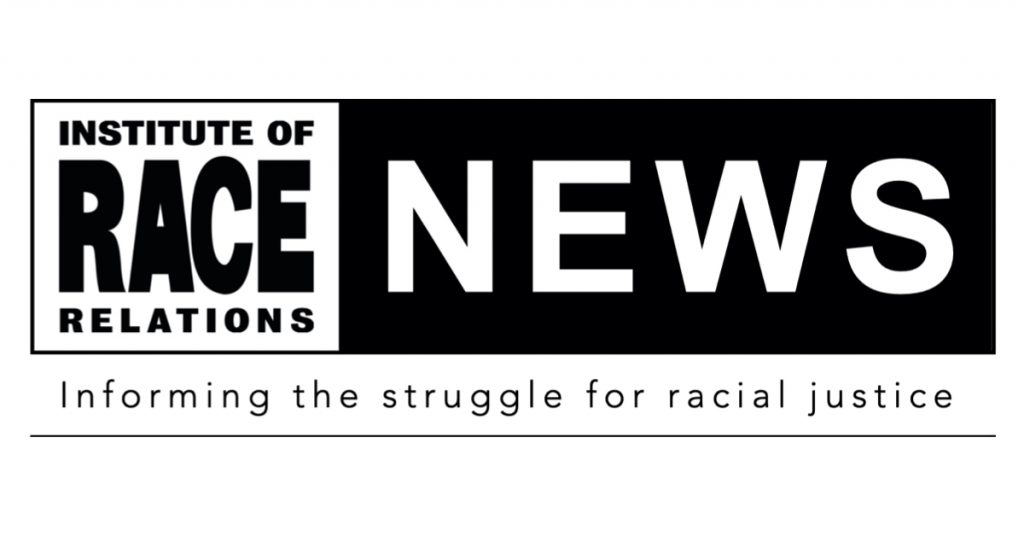IRR News 4 – 17 March 2022
Both the reporting of the war and the treatment of Roma, African and Middle Eastern students and other minorities on all sides of the Ukrainian border, have focused attention on the different responses to victims of war depending on their skin colour, heritage, religion, or region of origin, or whether the warplanes attacking them are supplied by Russia or made in the UK, as in the Yemen.
This week, in our regular calendar of racism and resistance, IRR News documents many more deeply disturbing cases relating to governmental responses to refugees from the Ukraine war. One municipality in Luxembourg, for instance, decided to evict 50 asylum seekers from a range of countries from an official shelter on the grounds that the facility was now for Ukrainians only. The Danish prime minister announced, for her part, that the jewellery of Ukrainian refugees would not be seized, unlike that of Syrian and African refugees since 2016, on the grounds that Denmark has a special responsibility from those in ‘Europe’s backyard’ on the run from ‘Russian missiles and cluster bombs’.
But it is precisely because governments differentiate between refugees that we need, in rejecting all hierarchies, to seek the common thread. All such cases have to be read against a backcloth of what awaits refugees from Ukraine in a Europe where a hostile environment for migrants and refugees is the norm. In countering the racism in war reporting and opposing a differential approach in refugee reception, we must also look closely at the machinations inherent in the fine-tuning of EU asylum policy, on the back of the Ukraine crisis, into an instrument of managed migration.
We seem to be heading towards Naomi Klein’s ‘disaster capitalism complex’, whereby a government takes advantage of a major disaster to adopt neoliberal economic policies that the population would be less likely to accept under normal circumstances. Irrespective of the EU’s emergency temporary protection scheme for Ukrainian refugees only, the welcome is not coming from states – which have, in classical, neoliberal fashion, abandoned their responsibilities to market forces and the voluntary sector – but from ordinary citizens, humanitarian in the main but no doubt also in some cases those with an eye to exploitation. And, as we saw in Germany, where refugees from Syria were initially welcomed in 2015, liberal precepts of ‘hospitality’ can quickly come under pressure from the media and the far Right, changing virtually overnight into outright rejection, fear and racism. In this context, the attitude of the UK government in opening its ‘Homes for Ukraine’ scheme (while retaining visa restrictions) is in line with its planned reinstatement of the criminalisation of visa-less refugees taken out by the Lords’ amendments to the Nationality and Borders Bill, and is also in line with policies of managed migration.
IRR News Team

